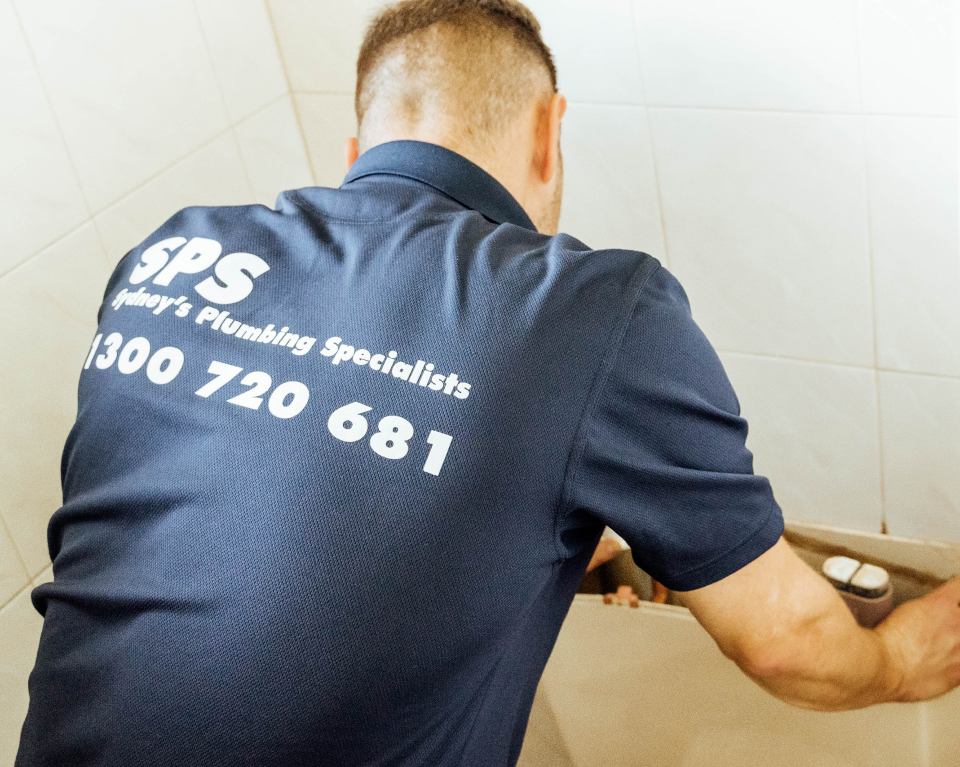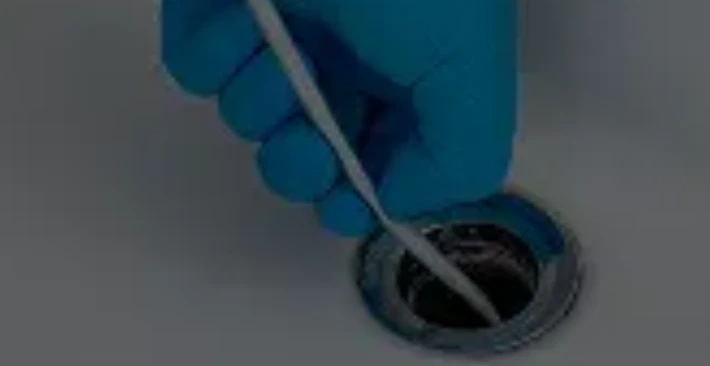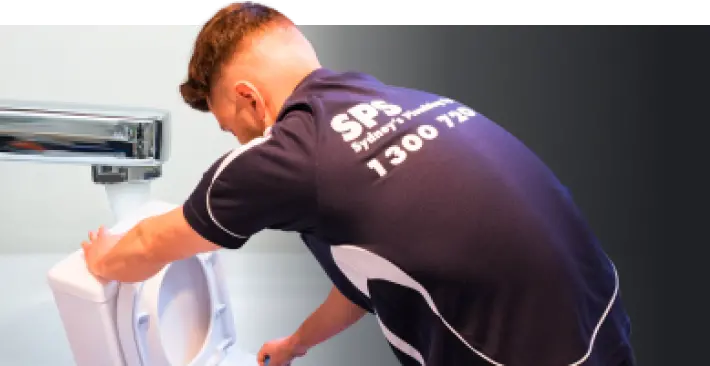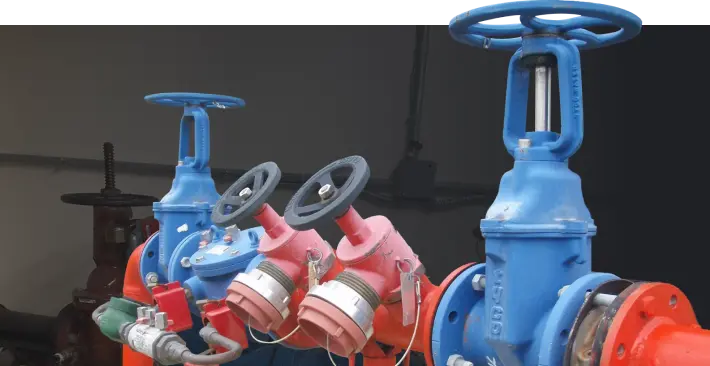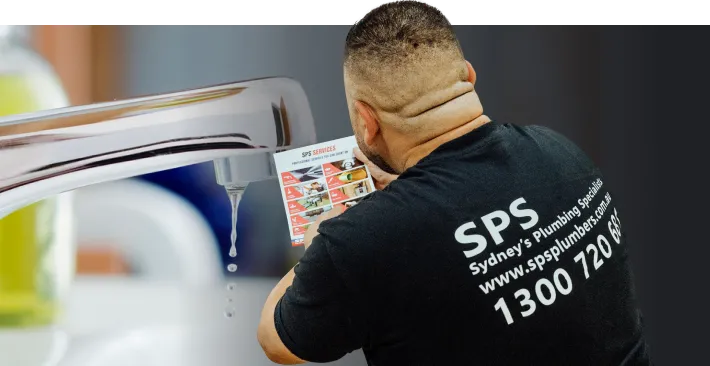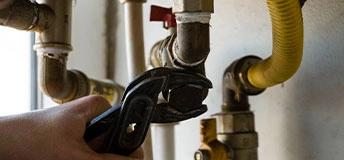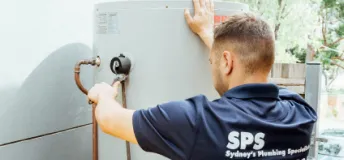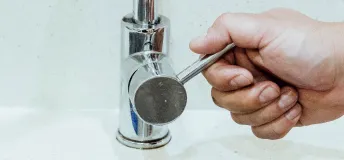What Is Pipe Relining? Benefits, Process & Is It Worth It?
If you’ve got damaged pipes, you’re probably worried about leaks, blockages, or costly excavation. Traditional repairs involve digging up your yard or driveway, which is messy and expensive. Pipe relining is a modern trenchless pipe repair method that fixes pipes from the inside without any major digging. In this guide, we’ll explain how this no-dig solution works, why it’s becoming so popular, and whether it’s the right choice for your plumbing system.
What Exactly Is Pipe Relining?
Pipe relining (also known as no-dig pipe repair) is a cutting-edge way to restore old or damaged pipes. Instead of replacing the entire line, a flexible resin liner is inserted into the existing pipe, inflated, and hardened to create a seamless, durable inner layer. This new lining is just as strong as a brand-new pipe.
This method works for sewer relining, stormwater pipe relining, and drain pipe relining. It’s faster, cleaner, and more cost-effective than traditional replacement — earning excellent pipe relining reviews from homeowners who want long-term results without the hassle.
How the No-Dig Pipe Repair Process Works
The pipe relining process is straightforward but must be handled by experts with the right tools. Here’s how relining pipes is typically done:
- Inspection: A drain camera is inserted to check for cracks, blockages, or root intrusion.
- Cleaning: High-pressure water jets clear debris and buildup, preparing the surface.
- Preparing the Liner: A felt liner is soaked in a special resin that will harden once cured.
- Insertion and Inflation: The liner is pushed into the old pipe and inflated so it bonds tightly with the pipe walls.
- Curing: The resin hardens (often within hours), creating a brand-new pipe inside the old one.
- Final Check: A camera inspection confirms the repair is flawless.
This trenchless pipe repair method avoids the need for excavation, meaning your lawn, driveway, and landscaping stay intact. Most jobs are finished within a single day.
When Should You Consider Pipe Relining?
Not every plumbing problem needs full pipe replacement. Plumbing pipe relining is ideal when the pipes are still structurally sound but have cracks, leaks, or intrusions. Here are common signs that you might need your pipes relined:
- Low Water Pressure: Slowed water flow could mean cracks or debris are blocking the pipe.
- Foul Odours: Bad smells from drains often indicate leaks or waste buildup.
- Tree Root Intrusion: Roots can cause major damage. Relining seals cracks and prevents roots from breaking in again.
- Recurring Blockages: Frequent clogs often suggest damaged or uneven pipe walls.
- Visible Water Damage: Wet spots, leaks, or stains inside your property may signal underground pipe issues.
A quick camera inspection by a blocked drain plumber can confirm if no-dig pipe repair is the best fix.
Benefits of Pipe Relining
Pipe relining is becoming the go-to solution for both homeowners and businesses. Here’s why:
- Cost-Effective: No heavy digging or landscaping restoration needed.
- Minimal Disruption: Your garden, driveway, or flooring stays intact.
- Quick Repairs: Most jobs are done in a single day.
- Long-Lasting: Resin lining is corrosion-resistant and designed to last decades.
- Eco-Friendly: Less excavation means less waste and reduced environmental impact.
Are There Any Downsides?
While plumbing pipe relining has many advantages, here are some limitations:
- Severe Pipe Damage: Collapsed or severely broken pipes can’t be relined.
- Permanence: Once cured, the resin is permanent, so incorrect installation is hard to reverse.
- Suitability: Works best for pipes with moderate damage — not for severely deformed pipes.
A licensed plumber near you can confirm whether no-dig pipe repair suits your situation.
Pipe Relining vs. Pipe Replacement
- Cost: Relining is often cheaper since it avoids digging and restoration costs.
- Time: Replacement can take days or weeks; relining is usually completed in a day.
- Disruption: Replacement may tear up driveways and gardens, while trenchless repair is far less invasive.
Is Pipe Relining Worth It?
For many homeowners, yes. Compared to replacement, pipe relining offers:
- Lower Cost: Avoid excavation and restoration expenses.
- Durability: Highly resistant to corrosion, leaks, and tree root intrusion.
- Fast Turnaround: Often completed in just one day.
How Long Does Pipe Relining Last?
Relined pipes can last up to 50 years. Most companies provide warranties from 10–50 years, giving peace of mind. Unlike traditional pipes that corrode, sewer and stormwater relining creates a seamless structure resistant to common plumbing issues.
FAQs About Pipe Relining
How long does the process take?
Most relining jobs are completed within a day.
When can I use my plumbing again?
Usually within 24 hours, once the resin has cured.
Can all pipes be relined?
Most can, including clay pipes, unless they’re severely broken.
What does trenchless pipe repair cost?
Costs vary based on pipe size and damage. Best option: book a camera inspection for an accurate quote.
Book Your Pipe Relining Service with SPS Plumbing
If you’re dealing with blocked drains, pipe damage, or tree root intrusion, SPS Plumbing can help. We specialise in no-dig pipe relining across Sydney — with upfront pricing and fast service.
- $100 Cashback if you’re not happy — no questions asked
- $50 OFF Tuesday service (limited-time deal)
- FREE Safety Inspection with any paid service
- Blocked Drains from $89, Toilet Repairs from $69, and more!
Call 02 9072 0760 or contact us today to book your service. Trenchless repairs done right, backed by the SPS Promise.





